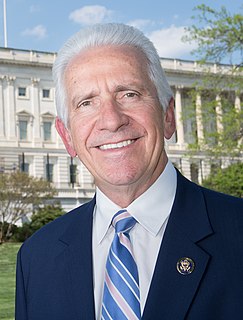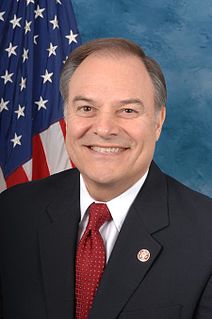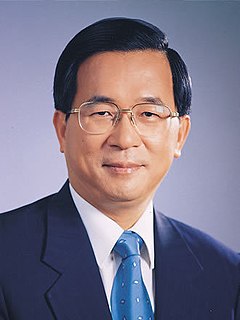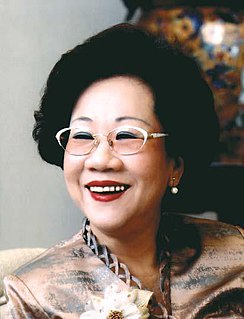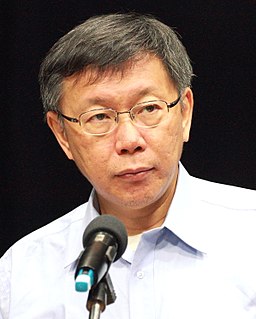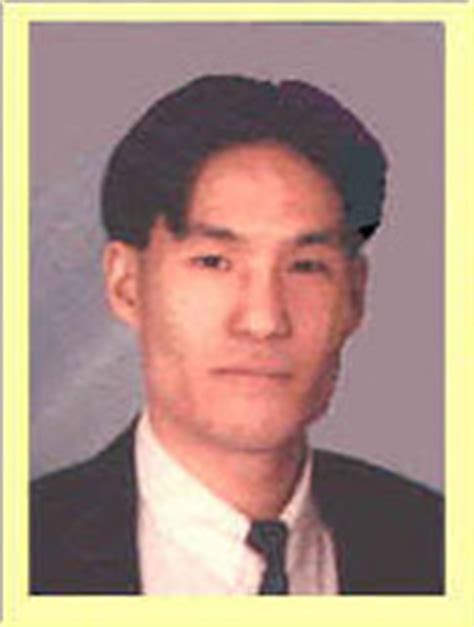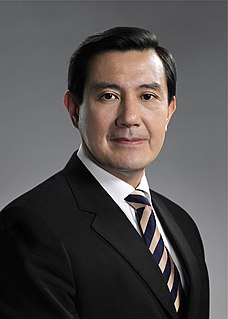A Quote by Jim Costa
As Taiwan's friend and ally, I believe it is important for the United States to monitor the situation in the Taiwan Strait very carefully to help ensure Taiwan is not forced into a position which would endanger its freedom or its democracy.
Related Quotes
It can be argued - and rightly - that Taiwan is not just another regional issue: after all, the Chinese regard it as part of China. But Taiwan is also a regional issue for three reasons. First, the overthrow or even the neutering of democracy in Taiwan, which is what Beijing effectively demands, would be a major setback for democracy in the region as a whole. Second, if the Chinese were able to get their way by force in Taiwan, they would undoubtedly be tempted to do the same in other disputes. And third, there is no lack of such disputes to provoke a quarrel.
Of course, in principle, they're against it. We are the ones that keep asking them what they think about it. I think their basic concern is a land-based missile defense of Taiwan hooked into the American communications and other systems, which in effect would make Taiwan then an outpost of the United States. That is a concern they frequently express. A missile defense shield of the United States, while they may not like it, it is not a big obstacle to our relationship.
I have this idea of a Taiwan Consensus, which means people in Taiwan have to get together and form a consensus of their own and that they turn around to talk to the Chinese to form a cross-strait consensus so we can build a relationship on that consensus. And in my view, that is the right order to do things.
In the short term, it would not have made it possible to resume relations, because in the Chinese mind, the humiliation of China started with the annexation of Taiwan by Japan. If the United States had suddenly declared Taiwan as a separate state - for which we would have had no support among other nations - the consequences would have been giving up our relationship with China and committing ourselves to a long-term conflict with China.
I think that my emergence as a leader is closely related to the development of Taiwan's democracy. Taiwan's democracy was a gradual development. It was done from the bottom up. Therefore a lot of the more successful political leaders come from civil society, those that are closer to the grass-roots level of the public.
